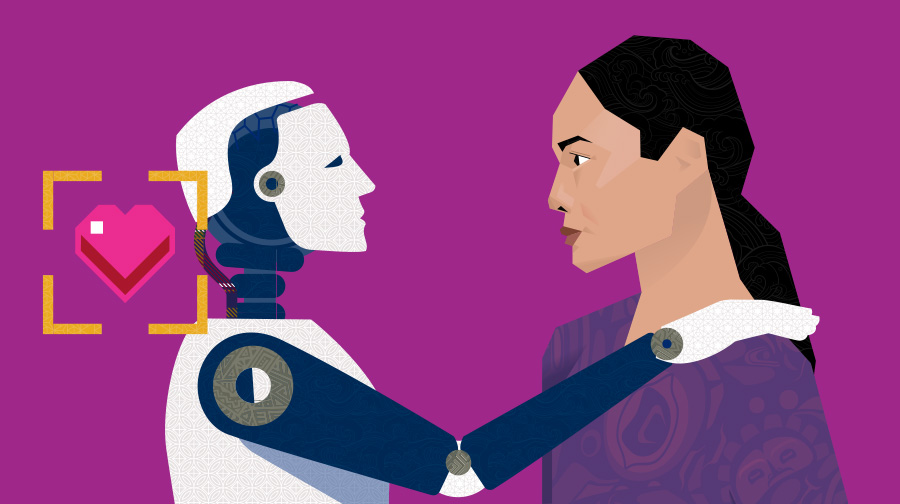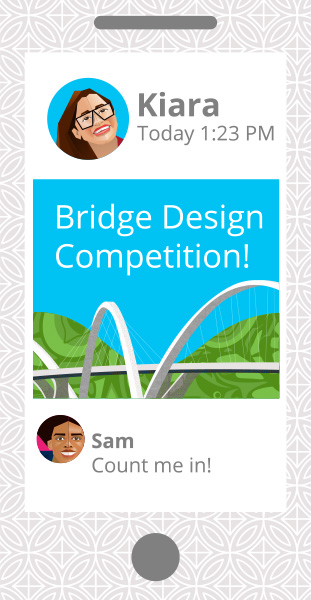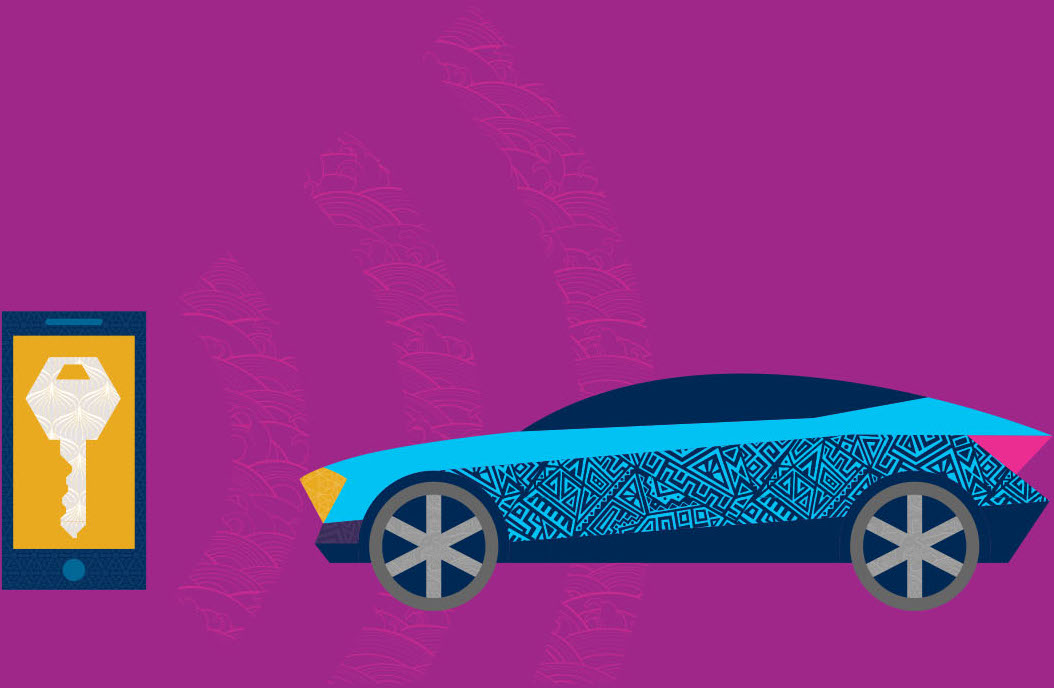
Smith Engineering is working toward a more diverse and inclusive community – to make our learning and working environment better, and to advance the practice of engineering.
Engineering thrives on diversity. Thinking differently means embracing viewpoints, cultures, and perspectives from all angles. When teams are diverse, they have better potential to create more opportunities for everyone and find solutions to challenges.
Addressing equity, diversity, and inclusion matters is a collective responsibility and as a community we will work together to address these challenges in a spirit of mutual respect for our different backgrounds.
How can we collaborate to improve equity, diversity, and inclusion at Queen's?
How do we make engineering for everyone?
Diversity happens. It is a fact of being human and living our lives. Inclusion doesn’t just happen. It is a deliberate and conscious effort regarding decision-making in allocating resources and creating access to opportunities for every one of us. Smith Engineering will make mindful efforts to ensure everyone feels valued, respected, and able to participate with dignity and contribute to their fullest potential.
Join us in exploring ideas and solutions to make Smith Engineering a better, more diverse place where equity and diversity result in broader, better thinking to solve the world’s biggest challenges – and advancing these principles in the learning and practice of the profession.
Learn about the guiding principles and high-level priorities that will guide Smith Engineering in its EDI initiatives and behaviours process.

We can work as a community to champion listening, compassion, and cooperation.
In today’s world, empathy and cultural humility are as important as technical excellence. If we want to prepare the next generation of engineers, we need to add emotional intelligence to the curriculum. Engineering is for everyone.
How do we ensure equity-deserving groups are empowered to make a meaningful difference?

We can build a more inclusive engineering community in reality.
In a post-pandemic world, we must continue responding to community challenges by ensuring that everyone succeeds at Smith Engineering, regardless of their backgrounds. Engineering is for everyone. Engineering is for everyone.
How can we ensure that equity-deserving groups have access to supports and resources and are provided with opportunities to reach the full extent of their potentials?

We can diversify our administrative network.
As a community committed to growth, we need to ensure that a sense of belonging and representation extends beyond the student body – it must be part of our staff and faculty composition. Engineering is for everyone.
How do we change the composition of the Faculty’s staff and professors to ensure diversity and equity are properly reflected?
Get involved! Join us in exploring ideas and solutions to make Queen’s a better, more diverse place – and ensure we’re making the profession itself a place where equity and diversity result in broader, better thinking to solve the world’s biggest challenges.